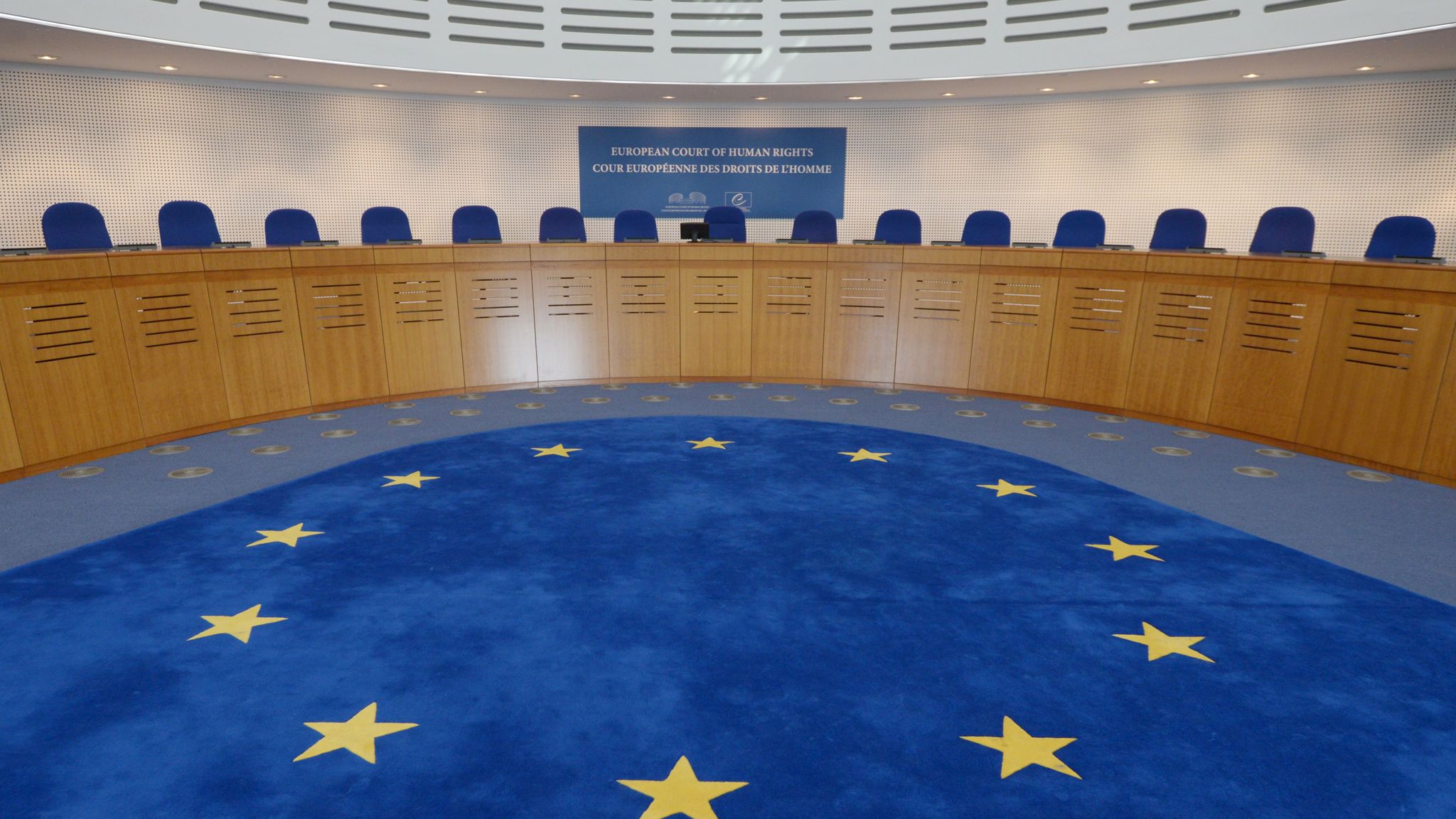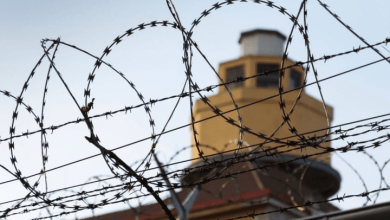The Government Requests the Council of Europe to Cease Supervising the Implementation of the ECtHR Judgments in the Group of Cases of “Flux (No 2) v. Moldova”

On September 23, the Government of the Republic of Moldova sent a report of actions on the group of cases of “Flux (No 2) v. the Republic of Moldova” to the Committee of Ministers of the Council of Europe. According to the document signed by Dumitru Obada, the Government Agent at the ECtHR, our state implemented the judgments of the European Court of Human Rights on this group of cases, and for this reason, it invites the Committee of Ministers to interrupt the supervision process.
The Flux group of cases (2) includes several files examined by the Strasbourg Court and judgments issued from 2007 to 2010 (Flux 2, 3, 4, 5, 7; Flux and Samson; Tara and Poiata; Timpul Info-Magazin and Anghel), as well as the Association of Investigative Reporters and Editorial Security of Moldova and Sanduta v. the Republic of Moldova (2021).
All of them refer to unjustified interferences in the freedom of expression of certain newspapers and journalists resulting from judgments by the national courts in 2001-2004 and in 2018. Due to their decisions, publications and media representatives were declared liable for defamation in civil proceedings and were forced to pay compensations and apologize for publishing articles of public interest concerning the cases of alleged abuse by high-ranking officials. The Court qualified the respective judgments as breaches of Art. 10 of the European Convention on Human Rights on freedom of expression.
In addition to the individual steps which refer to paying fair compensation, the action report lists a series of steps taken by the Republic of Moldova for eliminating the gaps in the activity of justice and ensuring compliance with the provisions of the Convention stipulated in Art. 10.
Among other issues, the document affirms that several internal procedures were re-opened in the Flux (2) group of cases. Thus, upon the plaintiffs’ request, certain decisions previously taken by the national courts were reconsidered or even canceled after examination by the ECtHR. As to the recent case referring to the RISE newsroom, “the internal proceedings were re-opened before the Court’s decision was pronounced, upon the Government Agent’s initiative.”
Among the legislative amendments, the government agent refers to the Law on Freedom of Expression voted in 2010 and providing that “no one shall prohibit or prevent the media from spreading information of public interest.” It is mentioned that the same law allows for a certain degree of media exaggeration or even provocation, “provided the essence of the facts is not distorted.” Another article of this law provides that “protection of honor, dignity, or professional reputation shall not prevail over the public’s freedom to receive information of public interest.”
The report also mentions the Code of Audiovisual Media Services adopted in 2018, which, according to the authors, transposed a number of provisions of regulatory acts developed by the European Parliament and the European Council, as well as the Recommendations and Declarations of the Committee of Ministers of the Council of Europe in the field of media into the national legislative framework.
The authors of the action report also mention that, “in all the examples of judicial practice reported, the domestic courts have referred to the Court’s relevant jurisprudence” and that “domestic legal practice has been adjusted to the Convention standards in order to prevent further breaches of Art. 10 similar to those stated by the Court in this group of cases.” Besides, several continuous training activities for judges and prosecutors are listed: they include conferences, workshops, round-table discussions, etc., where topics related to implementing the provisions of Art. 10 of the ECHR were considered.
Summing up, the Government considers that all the individual and general steps taken in the Flux group of cases (2) have reached their purpose of definitively implementing the Court’s judgments and preventing similar breaches in the future. This would be enough to invite the Committee of Ministers to cease its supervision of the Republic of Moldova on this group of cases.
A study published by the Independent Journalism Center (IJC) in April 2022, titled “Implementation of the ECtHR Decision in the Case of RISE Moldova v. Moldova” mentions the fact that “challenges to journalists’ freedom of expression have not ceased” even after the ECtHR decision came into force in January 2022, and they persist in spite of the national legal framework complying with the ECHR standards.
“It can be deduced with certainty from the analysis of the content of the decisions issued in that case that the deficient practices of interpretation and application of the law by the courts resulted in breaching the journalists’ right of expression. The unfair settlement of the dispute results from the actions of the courts which applied the legal provisions erroneously, either intentionally or due to gross negligence,” the IJC study notes.



